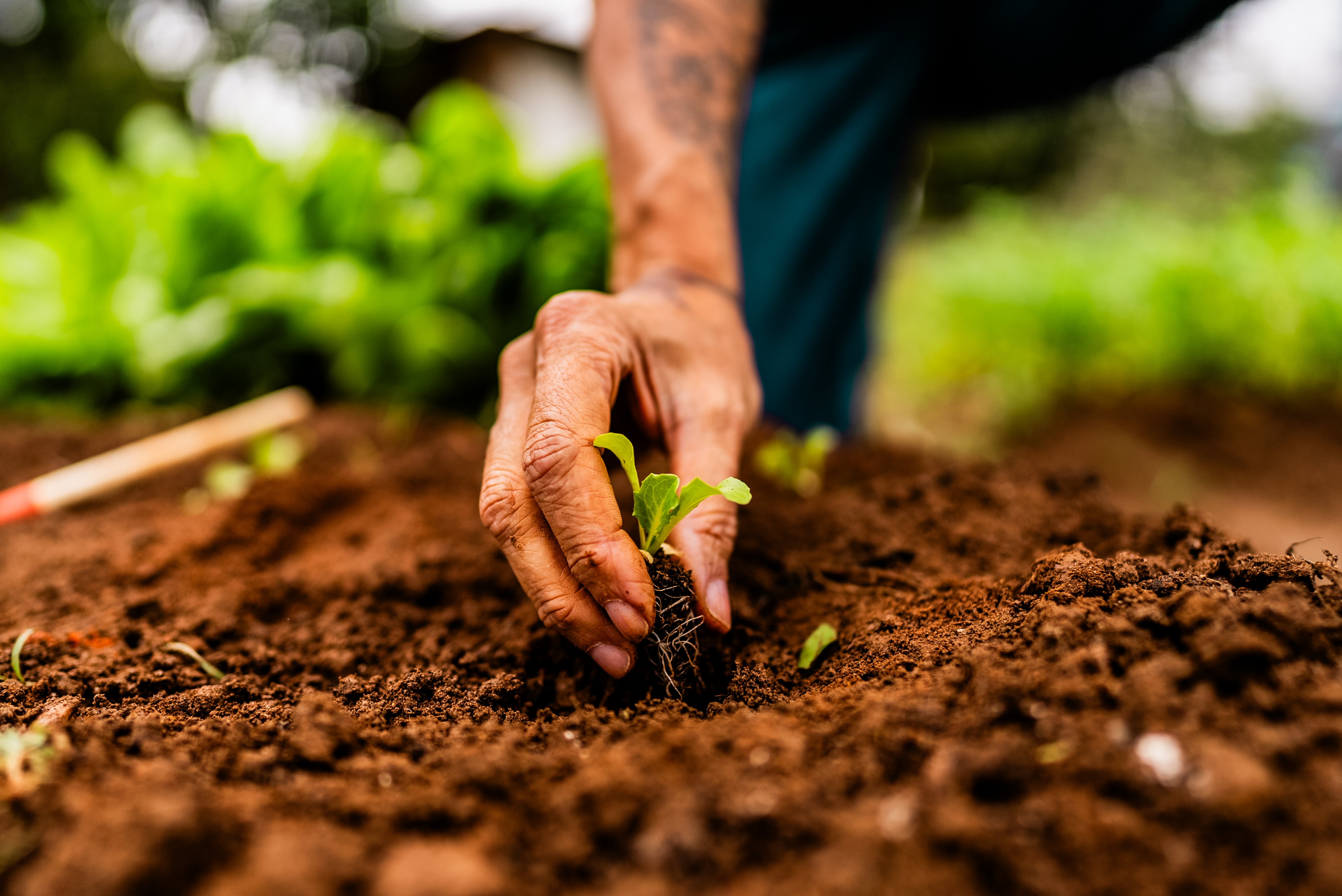The investment firm – pronounced ‘kibbus’ – was founded in 2016 and is now a $1.3bn portfolio building large-scale farming operations while simultaneously investing in the technologies that could help transform them.
“Our differentiator is the symbiosis between venture and private equity,” says investment director Archie Burgess. “We’re seeing all the latest technologies in the venture arm and then introducing them to our private equity businesses.”
About three-quarters of Cibus’s money is in private equity, typically high-value speciality farms where efficiency really pays. Many of these are in Spain, including its most notable exit to date – Innoliva, one of the world’s largest producers of premium organic olive oil.
Cibus sold the operation two years ago after a transformation that exemplified the firm’s playbook: scale up, innovate, and ultimately, use new technologies to try and become the lowest-cost producer on the market.
Cibus is now building up another Spanish farm – this time pistachios and almonds – into what it hopes will be entirely human-free within just five years. “We won’t have a single person going into the field. It will all be done fully autonomously with some of our venture companies,” says Burgess.
Testing ground for tech
It is this other quarter of the portfolio – the venture capital – that gives Cibus its edge. The firm is focused on areas such as robotics, precision spraying, and soil health, typically writing initial cheques for between $3m to $8m at series A or B with around another $15m set as a maximum for each company.
The hook is that these start-ups don’t just raise capital – they gain a testing ground. Cibus trials many technologies on its own farms, providing feedback and a pathway to scale. In turn, the private equity operations get first access to innovations that cut costs and boost yields.
“We trial a lot of the venture equipment on farm. Some of them work, some of them don’t work,” Burgess says. “But that gives us a way of understanding if the company has product market fit. Is it scalable? So before we invest, we sometimes ask our private equity businesses to try it out. Especially when it comes to biologicals and crop inputs where that’s really beneficial.”
‘Extremely bullish’ on robotics and precision ag
Cibus’ latest investment is 4AG, a Canadian mushroom robotics company that recently raised $40m in a round. It is Cibus’s sixth robotics investment although the first in harvesting.
The rationale, Burgess explains, is that mushroom farming can be brutal: cold, dark, smelly work with endless turnover. This means growers everywhere are short of hands. Where farms can recruit, it is expensive with labour currently costing mushroom farmers worldwide around $15bn a year, he adds.
![Cibus Capital investment director Archie Burgess: “We try to take operational execution risk, not technical risk. We want robots that already work [and] biologicals that already deliver ROI for farmers.”](https://www.agtechnavigator.com/resizer/v2/EM5GPSHBANDQNEY3GXVHWFHQBQ.jpg?auth=f11d102722f0eb04933546ad3c8c8326b1ade462610eded9bbdb39467999f626&smart=true)
Unlike most harvesting robots that are striving to replicate the dexterity of a human hand, 4AG’s robots are equipped with suction cups that allow them to twist mushrooms off their stems without bruising them, therefore bringing a major boost to both yield and quality.
“We’re extremely bullish on robotics and precision ag,” says Burgess. A quick glance over its portfolio demonstrates his point. The last two years has seen Cibus not only invest in 4AG, but lead a $52m round in Ecorobotix, one of agtech’s fastest-growing start-ups making precision sprayers for weed removal, and put money into Burro, one of the most cost-effective agricultural robots on the market, as part of a $24m raise.
Also bullish on soil health
“We’re also very bullish on soil,” Burgess adds, pointing to a recent investment in EarthOptics a soil health platform pioneering affordable, detailed measurements of the ground beneath farmers’ feet. “We see it as the next frontier of productivity gains on farm because very few people are measuring it.”
The common thread of its venture investments is an outlook on risk. Cibus opts not to take any risk on the product itself, avoiding early-stage science projects, and instead backs companies that already have product-market fit.
“We try to take operational execution risk, not technical risk,” Burgess explains. “We want robots that already work, biologicals that already deliver ROI for farmers.”
Clear investment thesis
The firm also has a clear thesis about where the opportunities lie, opting against row crops like corn and soy which only cost around $20 per acre. Instead, it focused on specialty crops like almonds or olives where the costs are closer to $600 an acre. That higher base means automation and efficiency gains have far more room to pay off.
But whether its mushroom houses or olive groves, Cibus’s model is bearing fruit. By combining venture innovation with private equity backed land, the firm isn’t just financing agriculture’s future, it’s farming it.




